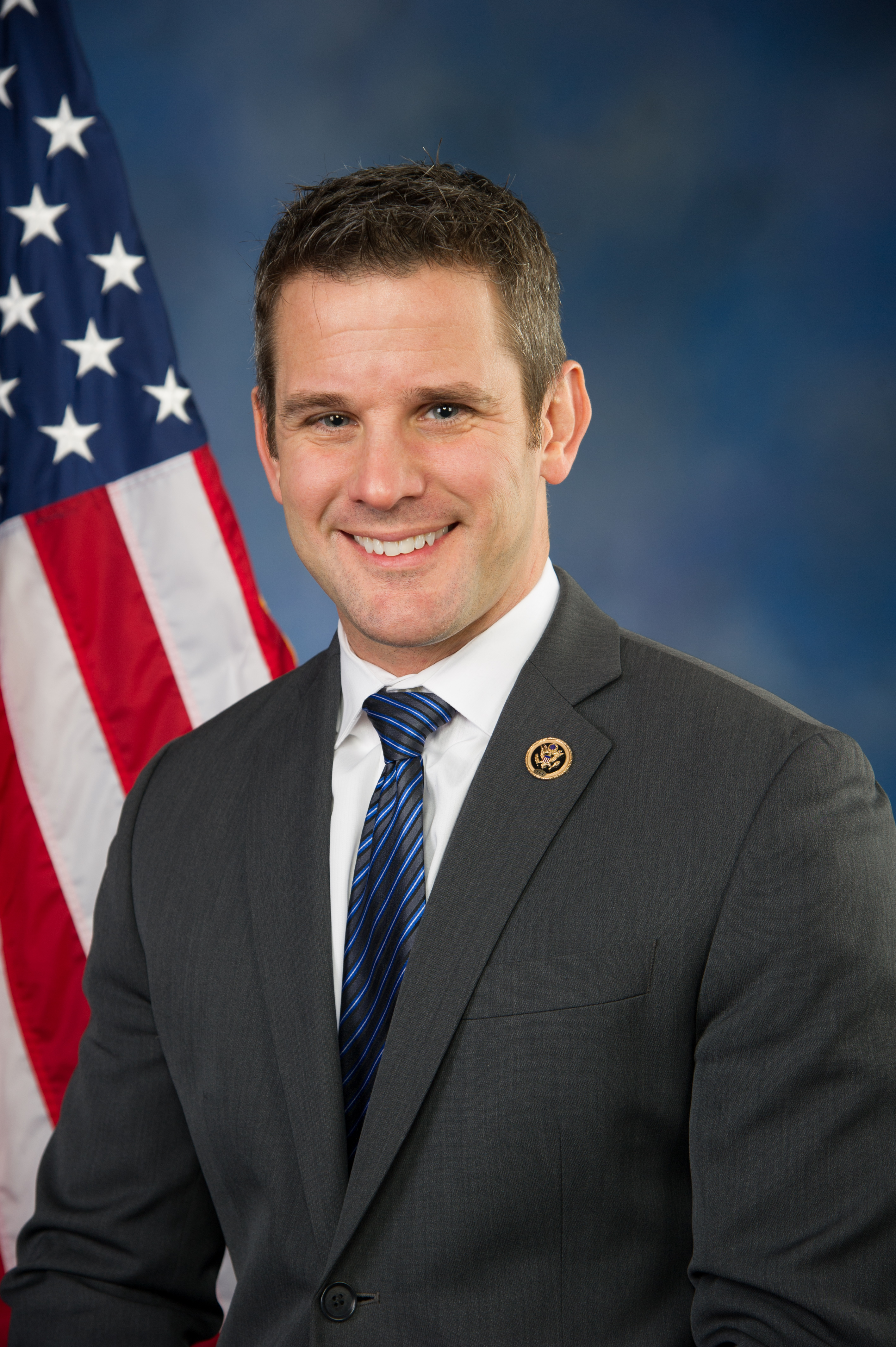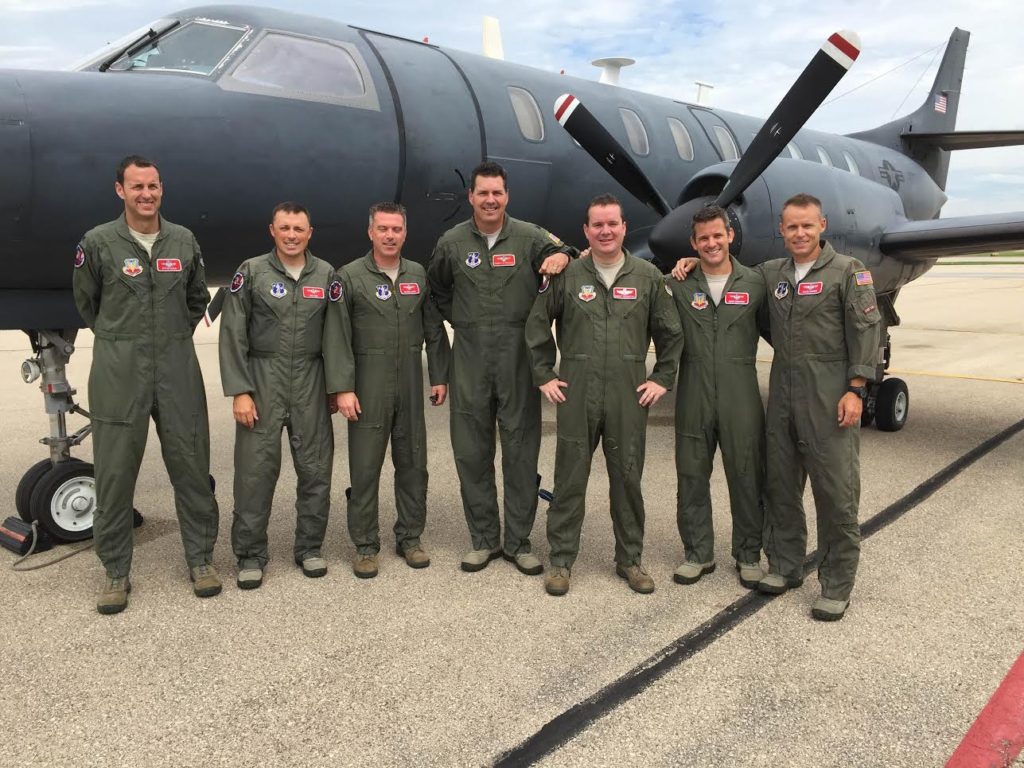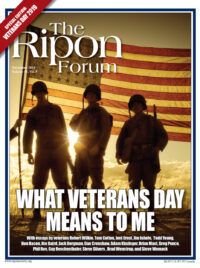
America has the greatest military in the world, bar none. Our men and women are well trained, equipped, and prepared for battle. We revere our heroes who serve and sacrifice for the freedoms we enjoy here at home. But what happens when they come back from that service?
We look at those service members from the Greatest Generation with awe, admiration, and a longing for that patriotism we feel when we think about their righteous battles against Nazi Germany. We remember the Forgotten War heroes of the Korean War and our Vietnam veterans with such respect and gratitude for all they endured, and with the latter, we try to make up for the hostile return home they received back then.
For those who served in Iraq, Afghanistan, Kuwait, and around the world in the War on Terror, their return home is different because the times we live in are different. As a nation, we need to address the issues and the stigmas that far too many of our veterans face.
It’s hard to fully describe the relationships you build with your brothers and sisters in uniform.
The advancements in technology and medicine are incredible, but both have very real drawbacks. The internet is a great tool for connecting us through social media and providing access to veteran health benefits and resources. But as we all know, social media has its downsides. Veterans can feel especially isolated from their battlefield experience when they reintegrate into civilian life. Their mission is over and the message they see when they get back is that life moved on without them. Our service members need that renewed sense of purpose when returning home, and one of the ways to fill that void is a career and community involvement. Without question, the skills they learned in the military are transferable to civilian jobs.
In Congress, I’m working to remove qualification barriers and improve the hiring process for these jobs. For example, our health emergency services nationwide are struggling to keep up with the opioid crisis. This shortage of EMTs can be mitigated by helping states streamline the requirements and procedures to hire veterans with military EMT training. This is a perfect job for a veteran who has dedicated his or her life to serving others, and a major asset to the communities grappling with this drug epidemic.
The opioid crisis is a very real concern, and it affects nearly everyone. The advancements in medicine have been incredible in many respects, but we need to realize the dangers and risks for drug abuse, misuse, and addiction — especially when it comes to opioids.
Our veterans returning home from the battlefield are often vulnerable, and while medication is necessary for some, it’s not necessary for all. Veteran suicide is a very real and tragic reality. Rather than pushing medication on patients, we need to come at this issue from a more holistic approach.

Last Congress, we passed landmark opioids legislation (H.R. 6), and I was proud to have my legislation included in the final package. The Opioid Addiction Action Plan Act allows us to find alternate methods of treating pain through innovation by making Medicare and Medicaid more flexible, adaptable, and focused on preventing (and treating) addiction. Another avenue to tackle this issue is through community.
I firmly believe community is the most critical part of returning home from the military, and for those struggling with opioid addiction, suicidal thoughts, depression, and beyond. Having a support network and a sense of belonging is important to all of us. It’s in our human nature to be loyal to a tribe, to a community. Being in the military, you have that tribe and it’s instinctive. It’s hard to fully describe the relationships you build with your brothers and sisters in uniform, but when you are removed from that world, that tribe, it can be a shock to the system and hard to manage alone.
So, as we evaluate how best to help our veterans in the 21st century, I believe community is key.
So, as we evaluate how best to help our veterans in the 21st century, I believe community is key. I’m grateful for the advancements in technology that connect us to military podcasts like Zero Blog Thirty and Team Never Quit, where we can tune in and relate to our fellow veterans. I’m grateful for the advancements in medicine that help veterans struggling with PTS and suicidal thoughts. I’m grateful for the advancements in both these fields combined that make it possible for wounded veterans to walk or run with prosthetics, and for reaching our veterans in rural areas through telemedicine. These are all important and hugely helpful to making sure we are there for our nation’s heroes.
But let’s also remember that these men and women are strong, courageous, and battle-tested. They don’t need to be coddled or overly medicated. We undoubtedly owe a debt of gratitude to our veterans and their families. And we need to be there for them on both the battlefield and back at home.
We can and must do more to support our veterans and guide them back into civilian life with that renewed sense of purpose. Having one another’s back is the crux of a tribe, and as a community, we must ensure our veterans know that they are not alone.
Adam Kinzinger represents the 16th Congressional District of Illinois. Commissioned as a 2nd Lieutenant in 2003, Kinzinger served in the Air Force in both Operation Iraqi Freedom and Operation Enduring Freedom. He continues to serve his country as a pilot in the Air National Guard, with the current rank of Lieutenant Colonel.




